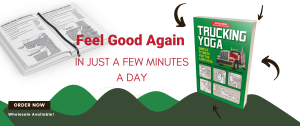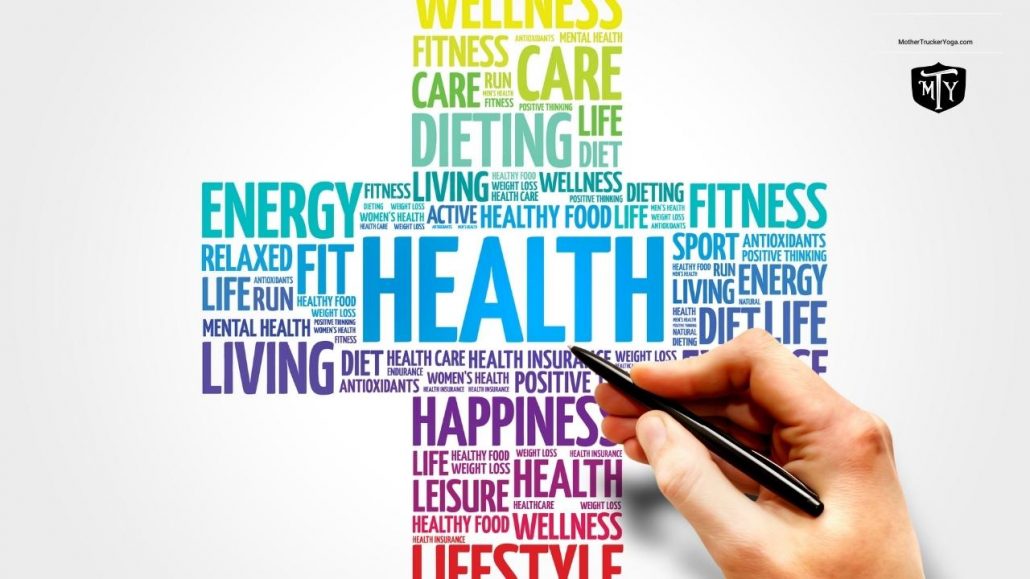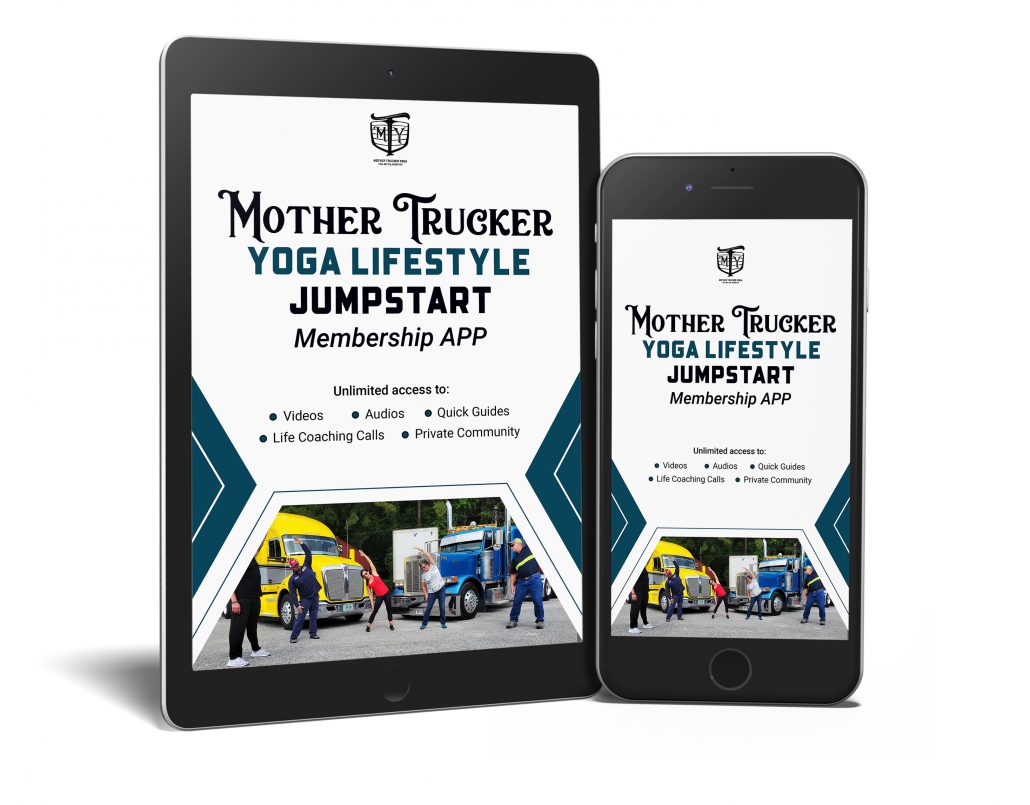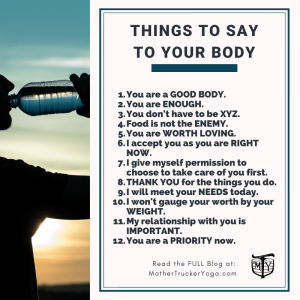Tips for Improving Your Mental Health as a Trucker
The impact of having bad mental health can affect you in many ways. It can make driving dangerous for long distances as your concentration is impeded. It can affect your ability to make the right road decision, which could cause accidents. It is estimated that around 30% or more of illnesses that affect the transportation business are mental health-related, meaning a lot of work needs to be done. If you are feeling that you are suffering in terms of your mental health as a trucker, then perhaps a few of the tips below can help:

5 Tips to Improve Your Mental Health as a Trucker
Sleep
Sleep is a big one. You need to prioritize it. Even if you are sleeping in your cab and want to get on the road, you need to change your mindset. If you regularly get less than 7-8 hours a night, you may be causing yourself a lot of harm. Some health problems due to lack of sleep include obesity, type 2 diabetes, fatigue, memory loss, etc. Make sure that you try and establish a nighttime routine. Avoid things like coffee too late, and don’t drink alcohol. When it comes to improving your mental health as a trucker, sleep is essential; you may not be able to get long spurts of sleep, but focusing on quality, deep REM sleep and having a sleep routine can help. Improving your mental health as a trucker with a simple sleep routine can be as simple as deep breathing, listening to relaxing music, and not having screen time 30 minutes before bed.
Stay Connected
You must try and stay connected what your loved ones. It can get lonely out on the road, making you feel very isolated and affecting your mental health. Luckily modern technology has made it easier to stay connected with people. Why not use apps such as WhatsApp and Messenger to make sending messages, videos, and images easy? You can also use these things to make video calls too. Bring along some pictures that you can stick up inside your cab. A few sentimental objects will help too. If you are away for a few days, why not send a few postcards?
Get Moving
Sitting around driving all day is not great for your physical health and is also bad for your mental health. Whenever you stop, you should try and go for a walk or a short jog and get some stretches in. Exercise can boost you in many ways. First, it will make you feel better as it gets the blood flowing around your body, which can remedy any aches and pains. It can help combat things such as depression and stress. It can even help you recover from trauma. Exercise has so many benefits that you should try and get at least twenty minutes a day in.
Seek Professional Help
If you are feeling partially bad and nothing is helping, perhaps you should try and see a counselor. There are many professionals for all mental health conditions, from a general sense of low worth to addiction. Something like LifeWorks Recovery may be of great help. Whenever you are feeling low, there are always places to go and people who understand and can help. So do not suffer alone.
Surround Yourself With Other Healthy Drivers
No matter what, your mental health as a trucker is critical, and we must pay attention to the signs and triggers that might tell us we need a break, help, or time off. Are you taking care of yourself? Are you taking time to stretch, eat well and drink water? These three simple things can be life-transforming. Come check out Mother Trucker Yoga and find out how you can join the movement of drivers who want to improve their health and stay on the road!
Your first step… Grab Trucking Yoga Simple Fitness for the Long Haul the BOOK!











